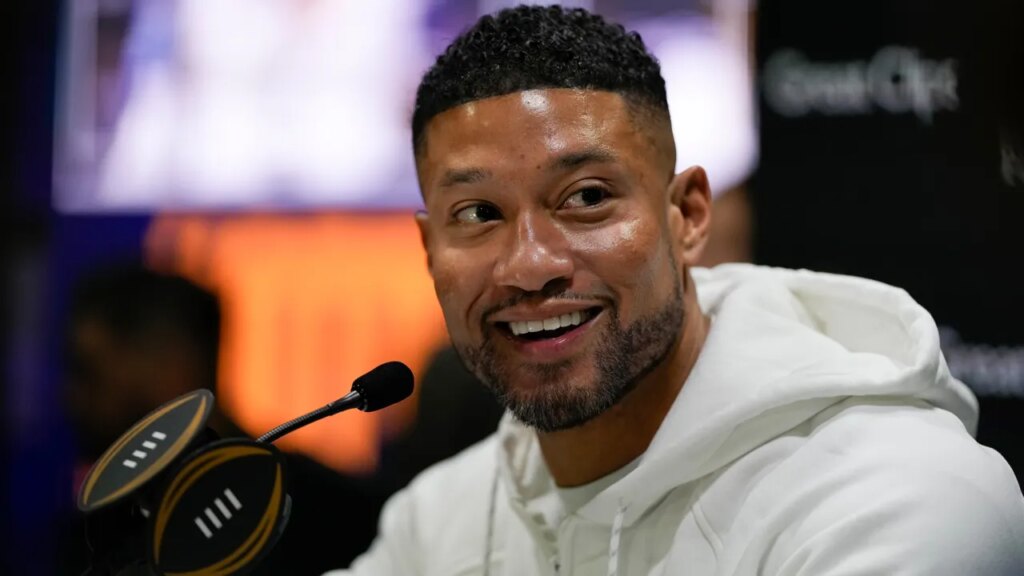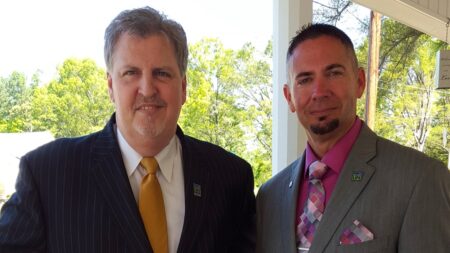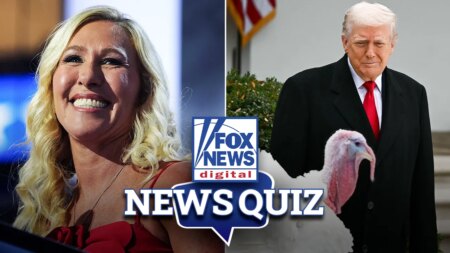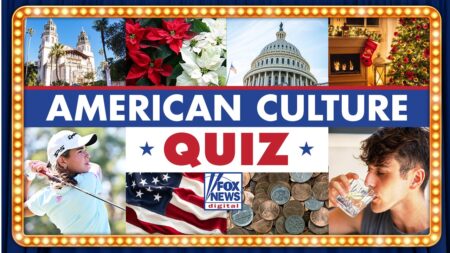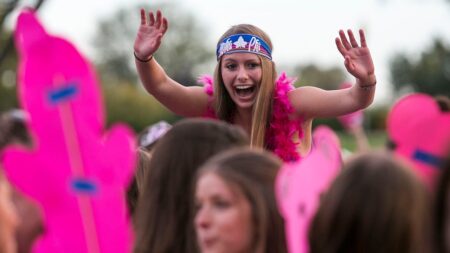Marcus Freeman, the current head coach of the Notre Dame Fighting Irish football team, is on a mission to lead his team to its first national championship since 1988. As a Catholic convert, Freeman attributes much of the team’s recent successes to both his players and their shared faith. During a press briefing over the weekend, he emphasized the importance of spirituality within the team, particularly as they gear up to face Ohio State University in the College Football Playoff National Championship. Freeman’s strong connection to his faith and the traditions at Notre Dame shine through in his leadership style, creating a unique environment for the players.
Freeman took the reins of the Notre Dame program in 2021, shortly after his predecessor, Brian Kelly, departed for a coaching position at Louisiana State University. Originally joining the Fighting Irish as a defensive coordinator and linebackers coach, Freeman found himself at a crossroads when Kelly left: he could either follow his boss to LSU or stay at Notre Dame. Ultimately, he decided to remain, which turned out to be a fortuitous decision for the storied program.
One of Freeman’s most significant changes after being promoted to head coach was the reinstatement of a beloved tradition: having a pregame Mass before home games. This decision has deep personal significance for Freeman, who was not a Catholic at the time he arrived at Notre Dame in 2021. Recalling his own experiences as a young recruit, Freeman expressed how memorable it was to see the football team emerge from the basilica prior to games. Motivated to restore this tradition, he negotiated with the university administration to reintegrate this practice into the team’s routine.
Despite being raised in a Christian environment, Freeman only converted to Catholicism later, being baptized and receiving his first Holy Communion the following year. His spiritual growth has been greatly supported by Father Nate Wills, the team’s chaplain, who played a pivotal role in guiding Freeman through the conversion process. Freeman has openly articulated his belief that Notre Dame fosters an environment where faith is nurtured, encouraging all its members to embrace a belief in something greater than themselves.
Already, the impact of Freeman’s faith is evident among the players, including quarterback Riley Leonard, who is navigating his final season of eligibility after transferring from Duke University. Leonard’s journey to Notre Dame was filled with personal reflection and spiritual prayer, which he interprets as part of God’s plan for him. He credits Freeman’s humility and openness about faith as a vital component of team culture, indicating that the football program is not shying away from discussions surrounding spirituality.
In addition to the team traditions, Freeman has emphasized the importance of team Bible studies, showing that faith is an integral aspect of the Fighting Irish experience. These sessions allow players to explore their beliefs and foster camaraderie centered around shared values, reinforcing the idea that faith and football can coexist harmoniously.
As the national championship approaches, Freeman faces the challenging task of becoming the first Notre Dame coach since the devoutly Catholic Lou Holtz to raise the coveted trophy. The significance of faith in Freeman’s coaching philosophy mirrors the atmosphere at Notre Dame, where the ethos can be felt in the words above the east entrance of the Basilica of the Sacred Heart: “God, Country, Notre Dame, In Glory Everlasting.”
Under Freeman’s leadership, the Fighting Irish are poised to tackle the challenges presented by high-stakes playoff football, as both players and coaches prepare to display their faith in action. With hope, dedication, and a shared belief system to guide them, they aim to create an unforgettable moment not only in sports history but also within the framework of faith they collectively embody.





